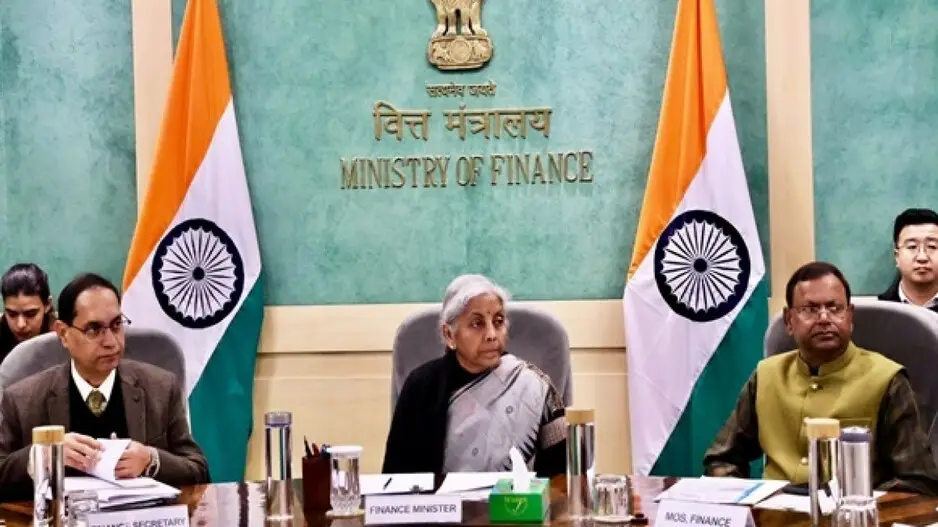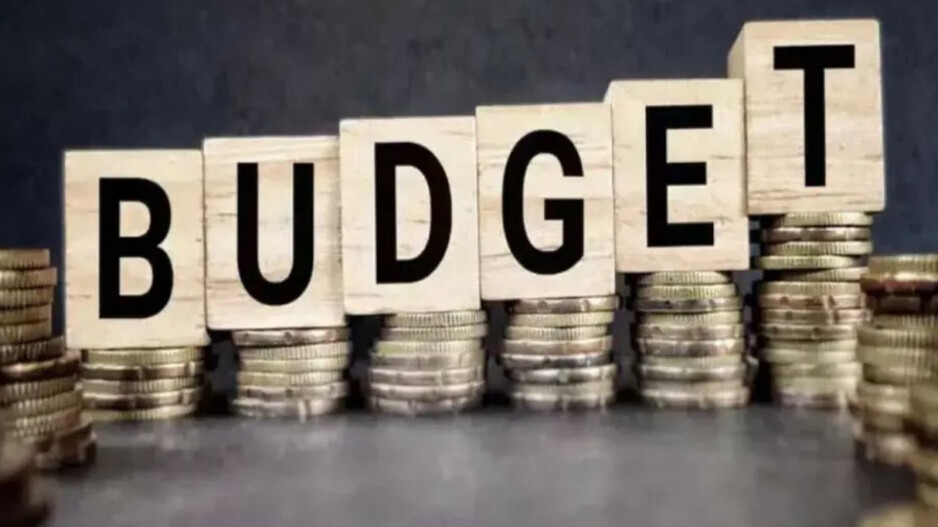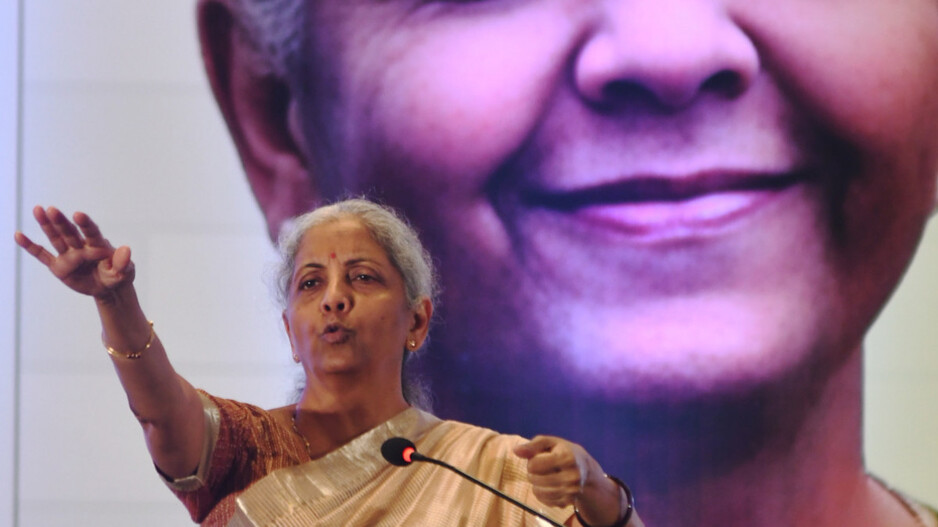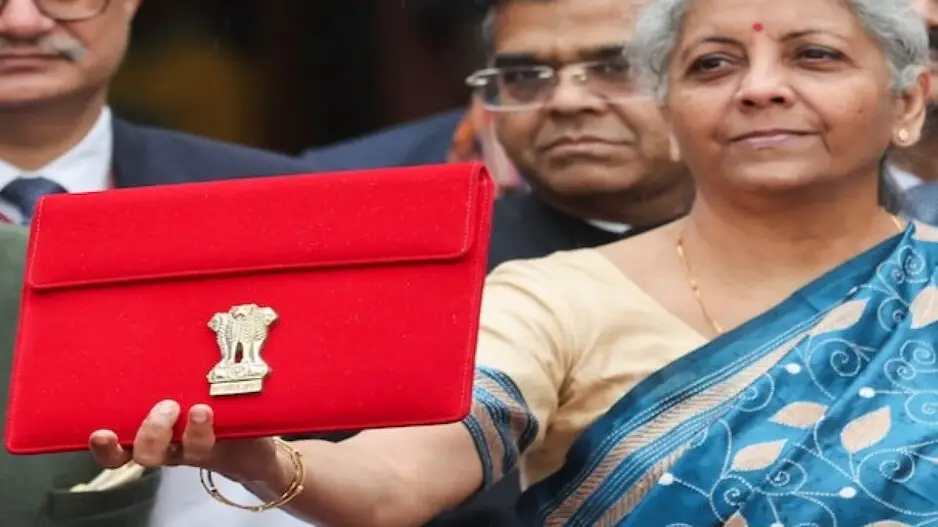/odishatv/media/post_attachments/uploadimage/library/16_9/16_9_0/recent_photo_1706765038.jpg)
Budget 2025: Income taxpayers' top 7 wishlist for Finance Minister Sitharaman
With 2025 being the first full Budget of the Narendra Modi government's third term, expectations are high. The upcoming Union Budget 2025-26 is expected to propel India towards becoming a $7 trillion economy by 2030. The Budget is likely to emphasize self-reliance and resilience in global value chains, positioning India as a global hub for manufacturing and innovation.
Infrastructure development remains a key priority, with continued investments planned for roads, railways, ports, and digital infrastructure to enhance connectivity and stimulate economic progress across the nation.
Expectations High Among Taxpayers from Budget 2025
Tax Reforms:
A notable change is the abolition of the 'Angel Tax', which previously taxed investments exceeding a startup's fair market value. This move is expected to stimulate innovation and increase foreign investment in India's startup ecosystem.
Foreign investments:
The Budget 2025-26 is anticipated to introduce significant tax reforms aimed at attracting foreign investments and supporting startups. The government is also focusing on supporting cross-border collaborations and facilitating access to international markets for startups. A clear tax policy framework is being outlined to encourage international funding in startups.
Zero tax for Rs 10L:
Along with potential changes in personal income tax structures, such as phasing out the old tax regime and introducing zero income tax for those earning less than Rs 10 lakh per annum, signal a shift towards a more investment-friendly and growth-oriented tax environment.
Technological Advancements:
The Union Budget 2025-26 is set to prioritize technological advancements across various sectors. Following the Rs 10,300 crore allocation for the India AI Mission in March 2024, the upcoming budget is expected to further bolster AI initiatives.
Sector-Specific Allocations:
Significant investments are anticipated for renewable energy development and strengthening domestic manufacturing. The budget is likely to allocate at least Rs 5,000 crore for extending the ISTS waiver for renewable energy transmission, supporting India's 500 GW renewable energy mission.
Economic Challenges:
The Union Budget 2025-26 faces the challenge of balancing fiscal consolidation with economic growth amid rising inflation. However, the medium-term fiscal consolidation path may face pressure due to the impact of the Eighth Pay Commission recommendations. To achieve the $5 trillion economy milestone, which may now be pushed from FY28 to FY30, the government aims to recover nominal GDP growth to at least 10.5% beyond FY25 and moderate INR depreciation against the US dollar.
Inclusive Growth:
With 2025 being the first full Budget of the Modi government's third term, expectations are high regarding the expansion of existing welfare schemes and the introduction of new initiatives. The government is likely to allocate substantial funds for programs targeting rural development, healthcare, education, and skill development. There may be a particular emphasis on schemes aimed at empowering women and marginalized communities. The budget is also anticipated to address the challenges of unemployment and underemployment.
Budget Economic Survey 2025 LIVE Updates: India’s real GDP estimated to grow by 6.4% in FY25

Budget 2025: Key changes in tax filing process that would benefit taxpayers in India

Budget 2025: Tata Power, NHPC, NTPC to JSW Energy, power stocks you may consider...

Union Budget 2025: Finance Minister Sitharaman to present Economic Survey in Parliament today

/odishatv/media/agency_attachments/2025/07/18/2025-07-18t114635091z-640x480-otv-eng-sukant-rout-1-2025-07-18-17-16-35.png)

/odishatv/media/media_files/2025/09/22/advertise-with-us-2025-09-22-12-54-26.jpeg)